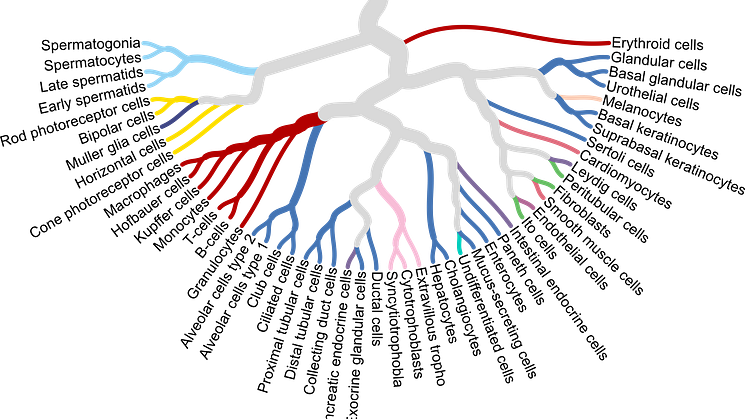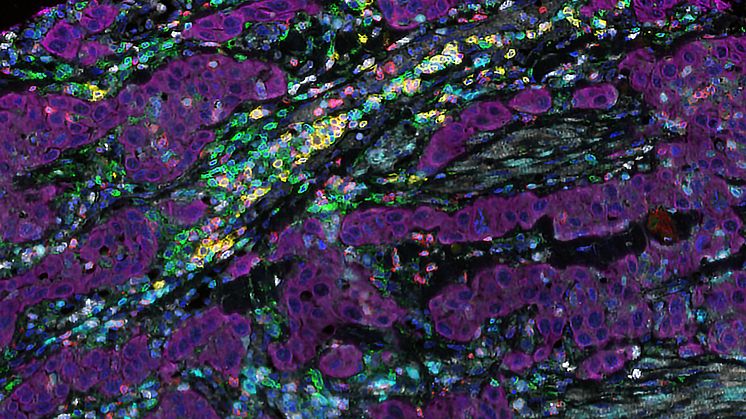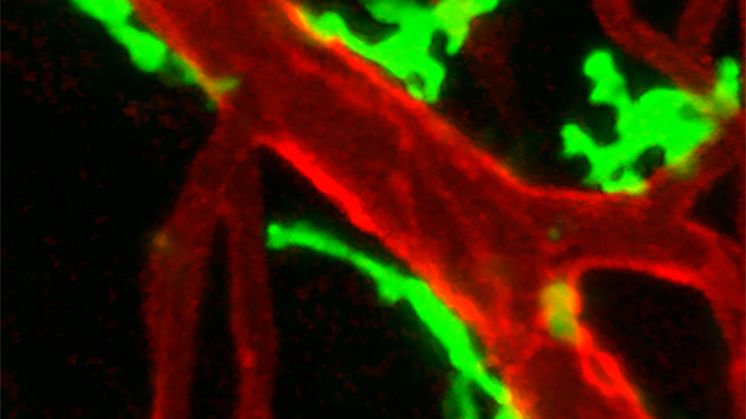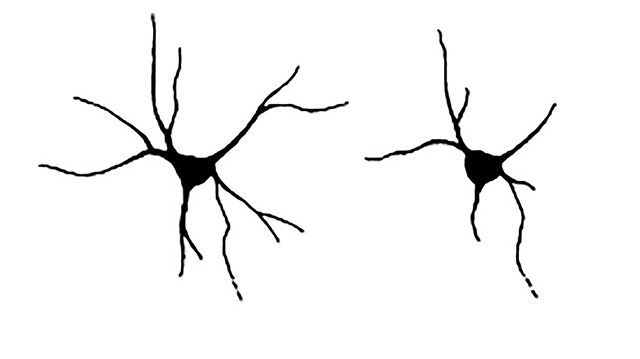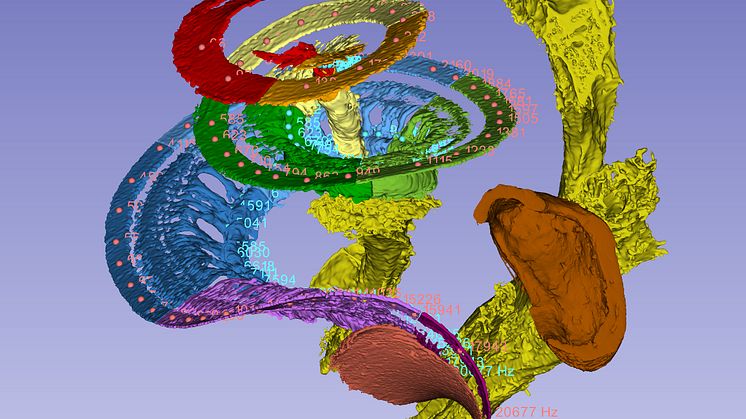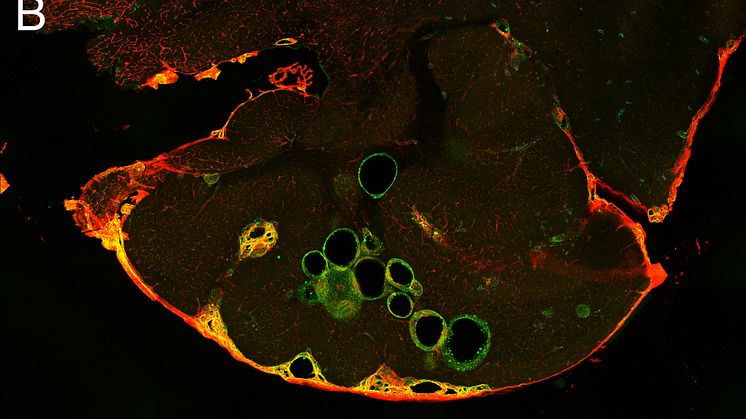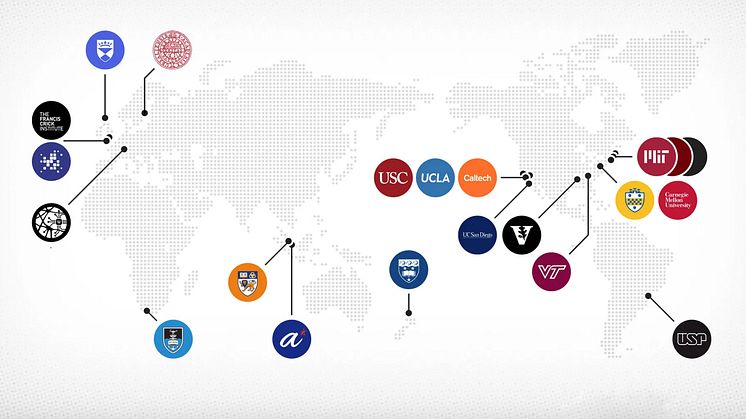A single cell type map of human tissues
In a study published in the US journal Science Advances, a single cell type map of human tissues is presented. An open access atlas has been launched with more than 250,000 interactive plots to allow researchers to explore the expression in individual single cell types for all protein-coding genes in these tissues.
